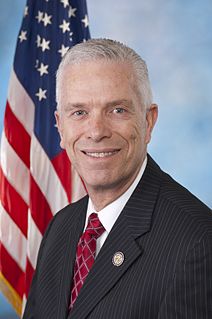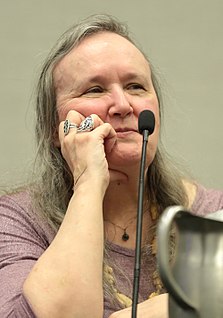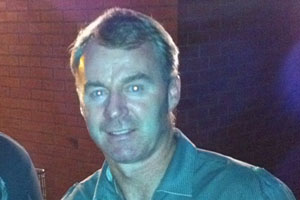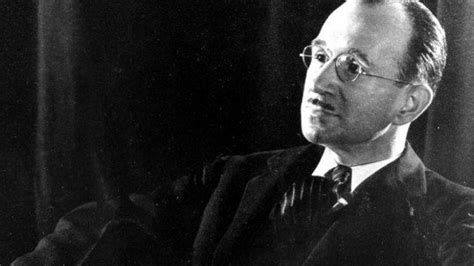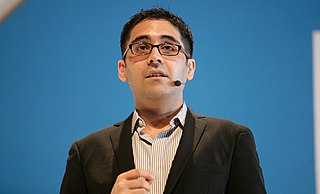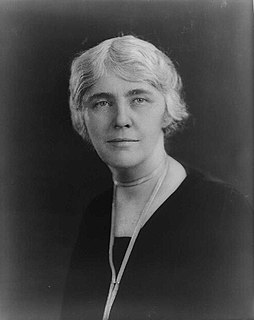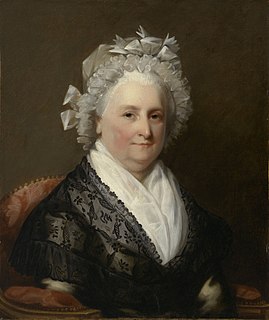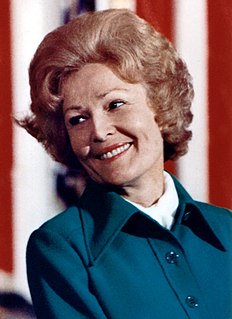A Quote by Eleanor Roosevelt
Curiously enough, it is often the people who refuse to assume any responsibility who are apt to be the sharpest critics of those who do.
Related Quotes
Linguistically, and hence conceptually, the things in sharpest focus are the things that are public enough to be talked of publicly, common and conspicuous enough to be talked of often, and near enough to sense to be quickly identified and learned by name; it is to these that words apply first and foremost.
It's just as easy to be lonely in a city as out in the wilderness. Easier, really. It's harder to get to know someone when you meet in a crowded place. People can freely ignore you in the city; they can assume they don't have any responsibility for you. When there are fewer people, (...) they begin assuming some kind of responsibility, simply because you naturally do the same.
The people with the best sense of what is essential to a community, of what gives and maintains its spirit, are often doing very humble, manual tasks. It is often the poorest person - the one who has a handica[p, is] ill or old - who is the most prophetic. People who carry responsibility must be close to them and know what they think, because it is often they who are free enough to see with the greatest clarity the needs, beauty and pain of the community.
There's so much impetus for change, there's so much desire to not have this oil economy continue, but it continues nonetheless. And people often assume that's because technology is not good enough, or there's no money being invested, or it's just not ready yet. It's none of that. It's actually a system of government and corporate behavior that work in collusion and lock step with one another to deflect any momentum toward true alternative energies.


